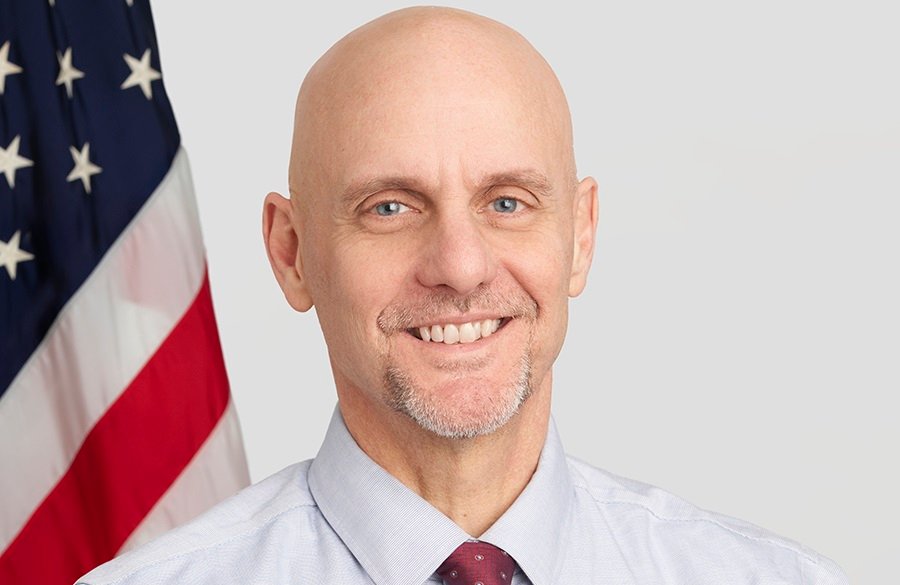
Headlines about COVID-19 vaccine and drug trial pauses may ring alarm bells for millions of people watching their progress, but FDA Commissioner Stephen Hahn, M.D., has another point of view. The breaks in the action actually show the development process is working as intended, Hahn told Bloomberg.
“The system was designed to identify safety issues,” he told the news service. “These safeguards are really important and built in to protect subjects of trials, but also ultimately to get to the right answer regarding the safety and efficacy of a therapeutic or vaccine.”
The commissioner’s statement comes just after Johnson & Johnson reported that its massive vaccine trial, comprising 60,000 participants, had been paused because of an “unexplained illness.” The trial for AstraZeneca’s vaccine, another front-runner, has been in a holding pattern since last month. Eli Lilly, which is developing an antibody, also reported a trial pause this week.
RELATED: J&J hits pause on COVID-19 vaccine trial for ‘unexplained illness’
In a conference call earlier this week, Janssen head of R&D Mathai Mammen, M.D., Ph.D., said such a pause is “not at all unusual” during large trials. The pause doesn’t change J&J’s COVID-19 vaccine manufacturing plans “at all,” he added. The company still plans to complete enrollment for the massive trial in two or three months.
AstraZeneca’s trial is raising more questions because the trial has been on hold since Sept. 8. In the Bloomberg interview, Hahn said he couldn’t speak to specific discussions with companies, but that the agency has “to be very thorough in our assessment.” The agency has a “give-and-take” that takes longer in some cases than others, he added.
RELATED: Another day, another delay: NIH halts phase 3 study of Lilly’s COVID-19 antibody
Meanwhile, the agency is gearing up for its first COVID-19 vaccine advisory committee, set for next Thursday. At the meeting, experts will discuss COVID-19 vaccine progress so far and other issues, such as distributing a shot and monitoring its safety after launch. A separate meeting will follow for each vaccine application.
In guidance documents for next week’s meeting, the agency said it’ll recommend two months of safety monitoring after patients receive their second doses, meaning the first vaccines won’t be available until late November at the earliest.
